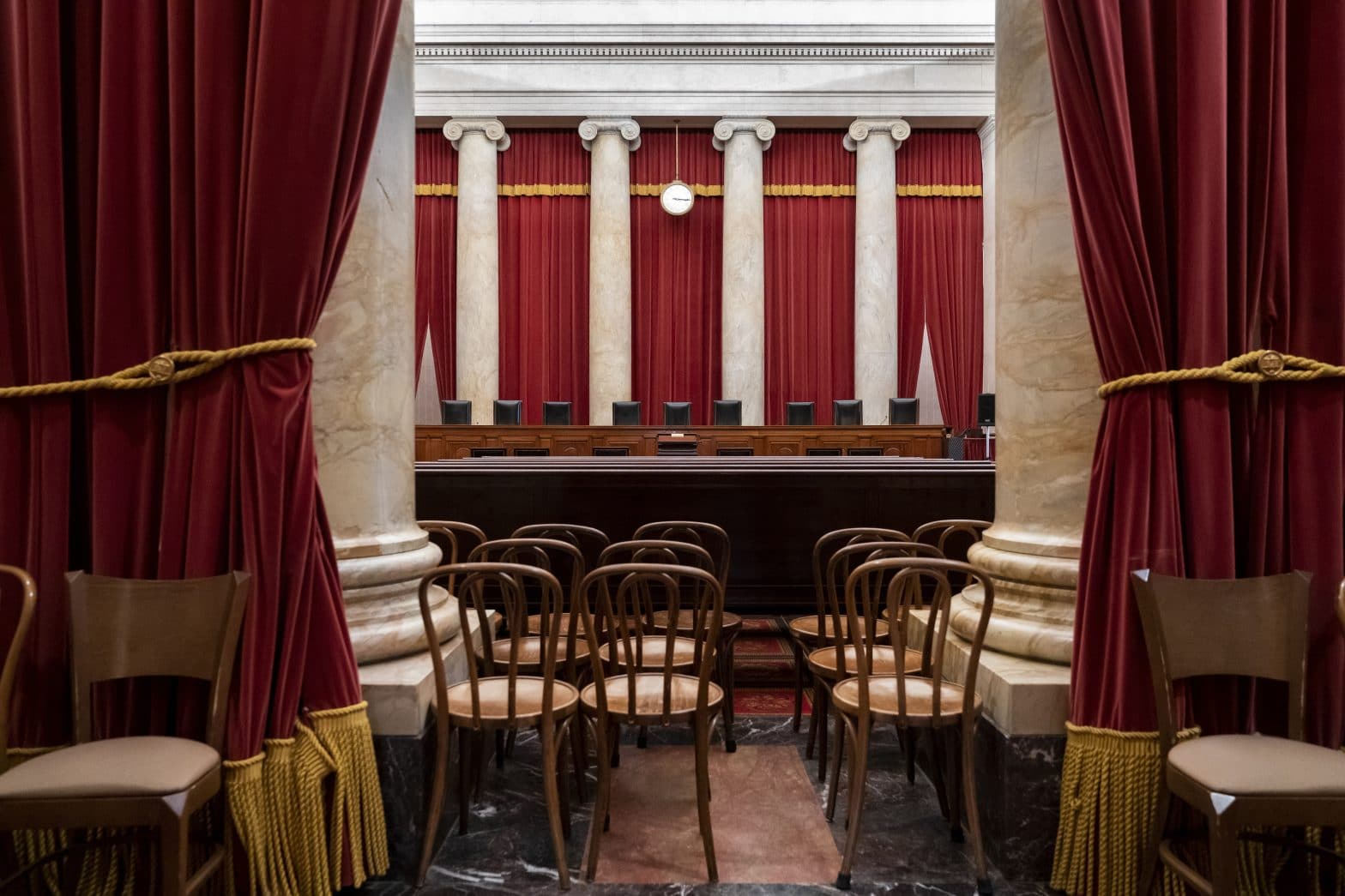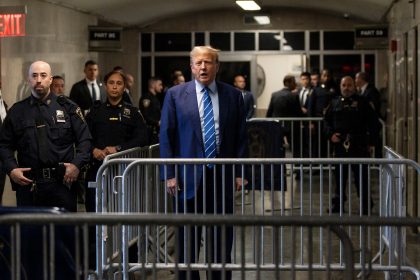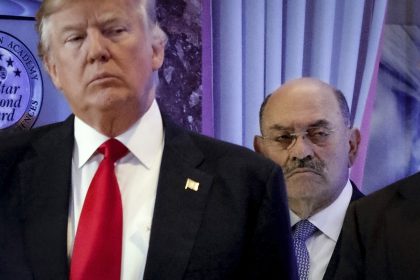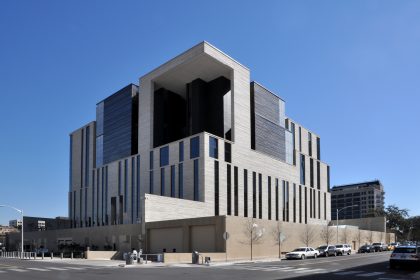Judges Tell Congress Internet Video Will Make Courts More Accessible

WASHINGTON – Judges and lawmakers at a congressional hearing Thursday left little doubt that Internet video and teleconferencing will become permanent parts of court proceedings soon.
They described the emergency procedures instituted to respond to the COVID-19 pandemic as an opportunity to transform the courts with greater public access.
“We must focus our resources on bringing justice to people where they live and where they work,” Michigan Supreme Court Chief Justice Bridget Mary McCormack said during a hearing of a House Judiciary subcommittee.
The Coronavirus Aid, Relief, and Economic Security Act, also known as the CARES Act, approved by Congress in March, temporarily revamped procedures of federal, state and local courts.
To avoid spreading the virus, the law authorized courts to use closed circuit television and teleconferencing when they would not interfere with the administration of justice. It also appropriated $6 million to help federal courts with the transition, mostly for video equipment.
For the most part, the remote procedures referred to civil matters. Important criminal cases continued to be held in courthouses.
Some civil libertarians warned about possible violations of constitutional procedural due process rights.
Judges who testified at the House subcommittee on courts, intellectual property and the Internet Thursday said the forewarnings were wrong.
“Virtual courtrooms are making courts more accessible to the public,” McCormack said.
Streaming video and teleconferencing significantly increased participation by parties to legal actions, she said. It also reduced barriers to court proceedings, such as for disabled persons.
In addition, judges and lawyers were pleased with the new efficiencies that helped them complete cases more quickly, McCormack said.
She suggested that remote access was more likely to help the public overcome the intimidation they feel from courts.
“If they believe that we are operating fairly, that we’re listening, that we’re treating everybody with respect, they will have confidence in our outcomes,” she said.
Congress is considering three bills that would make remote access a permanent component of court proceedings.
One of them, called the Eyes on the Courts Act, was co-sponsored by Rep. Steve Chabot, R-Ohio, who is a member of the subcommittee. The bill would allow Internet streaming, photographing and broadcasting of court proceedings unless there was evidence the video would interfere with due process rights of a party.
“Most of our official acts can be reviewed by anyone, including judges,” Chabot said. The same should be true for courts, he added.
“It has been said that sunshine is the best disinfectant,” Chabot said.
Jeremy Fogel, a former U.S. District judge in California, recommended that Congress sponsor a study to determine best practices for remote access to the courts based on experience from the COVID-19 shutdown.
“All of that has given us information about how these processes actually work,” Fogel said.
Although the pandemic was unfortunate, it created a new opportunity for the legal system, he said.
“I don’t think we’re ever going back to where we were before,” Fogel said. “We have to anticipate a new normal.”























